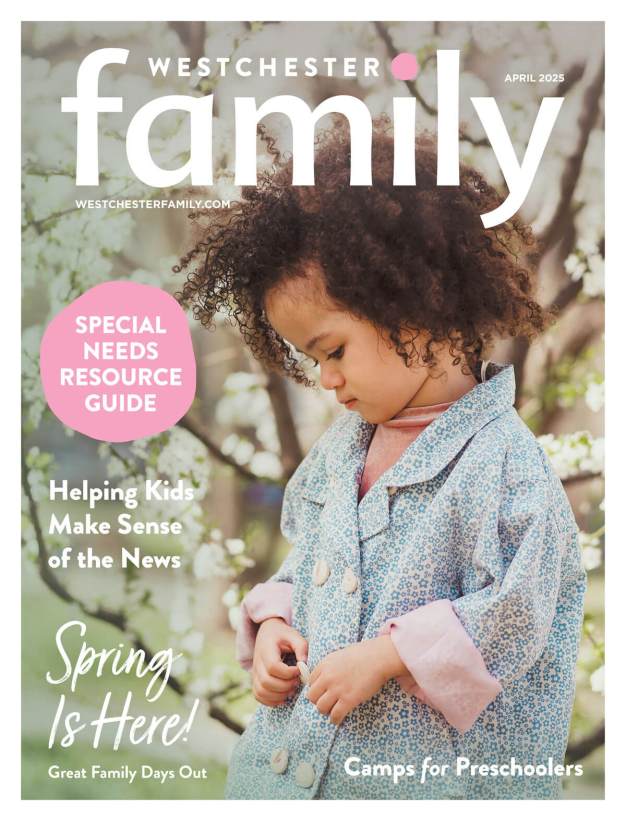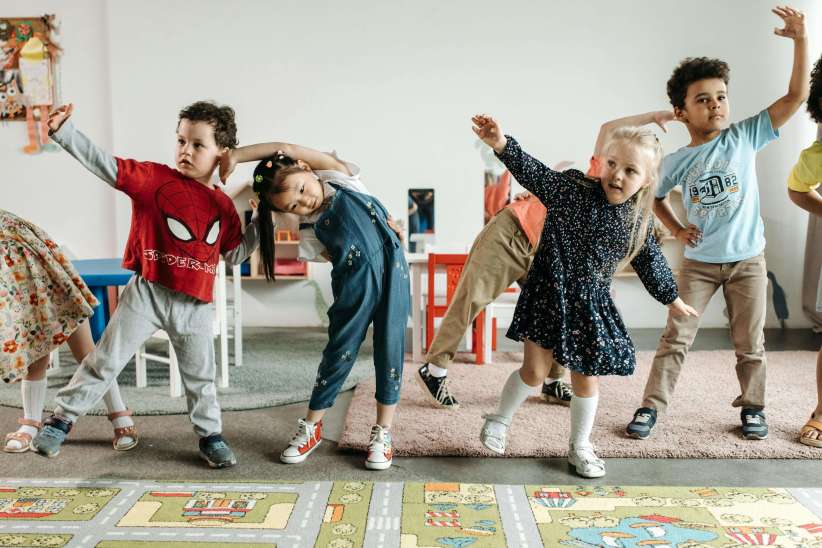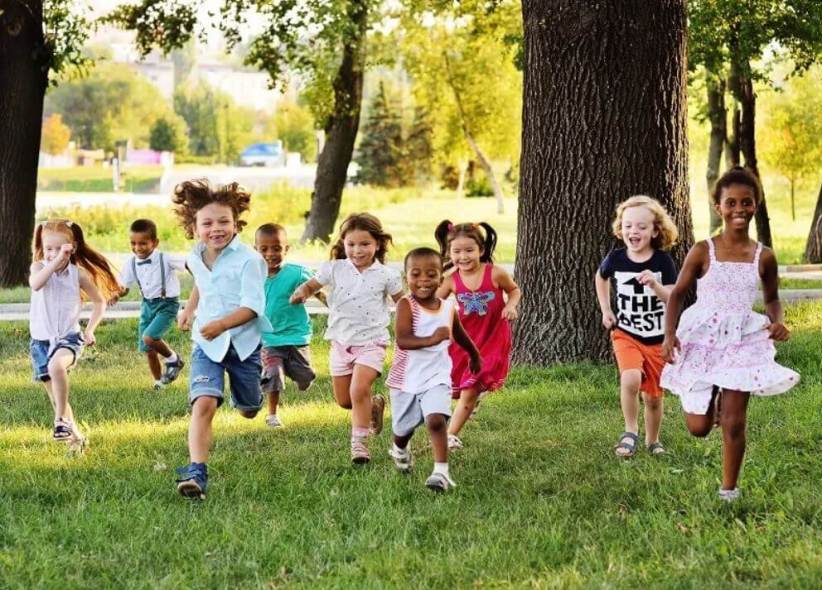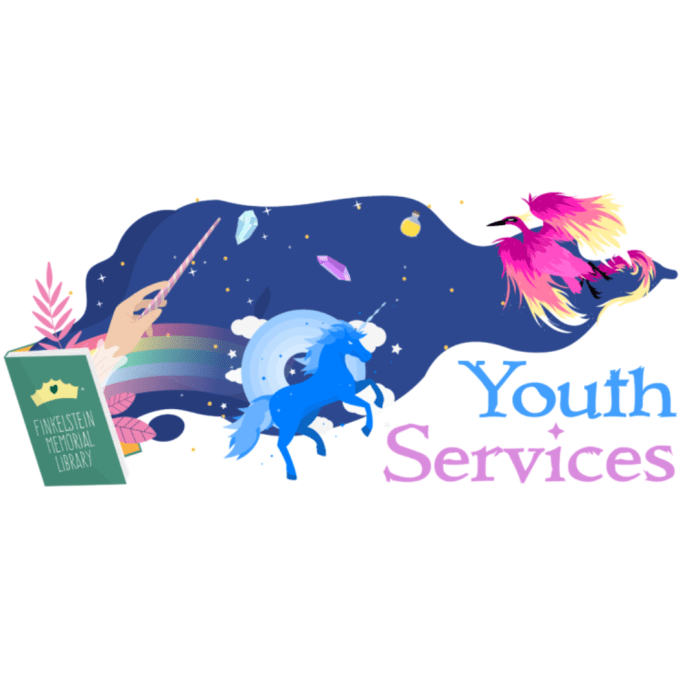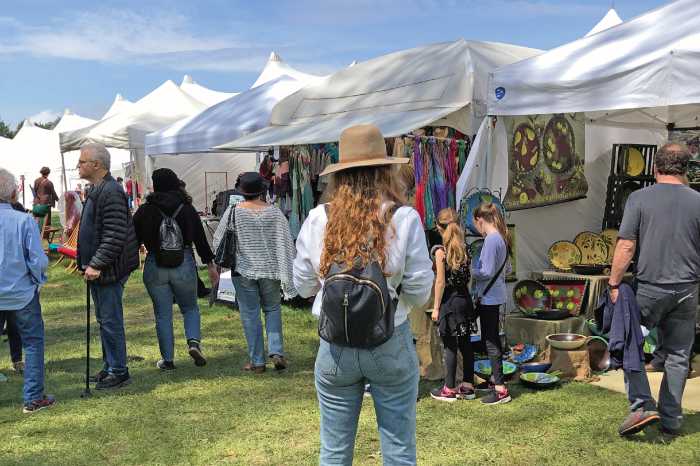Keeping your child engaged and growing during the summer months often means enrolling them in a summer camp. What options are available? More than you can imagine.
Summer camps are generally either day camps or sleep away camps. Day camps allow the camper to attend during the day hours and return home each evening. Sleep-away camps are camps that provide room and board for the duration of the program. There are some hybrid camps that offer sleep away options from Monday through Friday and transport children home for the weekend. The length of a day camp or sleep away camp program can vary anywhere from one week to eight weeks.
Within each category, there are even more options. Day camps and sleep-away camps can offer traditional all-around camp experiences where the camper participates in a wide variety of activities or a specialized camp where the child focuses on a particular interest. Some popular interests include theater, art, sports, computers, education, fashion, music, and dance. There are also travel abroad programs and educational programs that all provide summer experiences for interested students. Each type of camp offers many benefits.
Traditional
“The benefits of a traditional day camp are the life skills kids learn,” says Doug Volan, the owner and director of Mount Tom Day Camp, a popular traditional day camp in New Rochelle. “Camp is not just about the activities but about learning how to make and keep friends, being more self-confident, taking healthy risks, overcoming fears, solving challenges as a group, resilience, grit and more. That’s what kids get from a traditional day camp.”
Many parents report that the time spent outdoors involved in activities, that kids don’t get a chance to explore during the school year, is also a huge benefit to the day camp experience. With ever shrinking recess and phys-ed times, kids have less of an opportunity to bond with each other in shared non-academic activities. For children who want to try new and different experiences – swimming, archery, horseback riding – summer day camp can introduce them to what could become a new passion. Parents also remark that the ability to spend time with kids from other schools and backgrounds is a growing and beneficial experience.
The traditional sleep-away camp can also offer similar benefits for the student who is prepared to spend greater time away from home. For many kids, this is the next step in growth and development and many have made lifelong friends at sleep away camp.
Specialty
Steve Abusch, executive director of The Play Group Theatre that operates PGT Summer Theatre, a specialty camp in White Plains says, “A specialty camp can offer children and teens the opportunity to immerse themselves in a comprehensive experience.” As is the case with many specialty camps, Abusch says camps such as PGT Summer Theatre offers students an enhanced exposure (in his case, the performing arts) that offers richer and more diverse opportunities than students can find time for during their busy school year.
He also notes that sharing the summer with other students interested in the same discipline is a positive experience. “Because an important and natural outcome of having a collective immersive experience with other like-minded kids is the development of strong bonds of friendship, students not only challenge themselves to achieve individual new heights, they also become a part of a true creative community,” he says. “The communal experience is as important – or more so – than the individual experience.”
A specialty sleep away camp can enhance this sense of community and provide other benefits. “While traditional sleep away camps offer a mix of activities (sports, outdoors, arts, etc.), camps that are arts-based can help creative kids and teens meet like-minded campers and staff, while still experiencing fun evening activities, camp fires and all that sleep away camps have to offer,” says Rick Mades camp director of Maine Arts Camp, a specialty arts camp in Maine. “For such creative campers, this type of community is hard to find, so when they’re making friends like themselves, they can feel like they’ve finally found their summer home!”
Specialty camps come in many varieties – the arts, sports, or technology. Karen Thurm Safran of iD Tech summer camp, a national tech camp for students ages 6-18, says there are many benefits in exposing kids to opportunities in the summer that they may not have during the school year. “There’s a big push to teach kids coding, especially since most schools don’t offer this opportunity. It’s not only important for learning vital 21st-century skills such as problem-solving, critical thinking, innovation and collaborating, but also to excite kids about STEM (science, technology, engineering, and math) education,” says Thurm Safran. “By the year 2020 there will be more than 1 million unfilled STEM jobs … and it’s best to excite kids early.”
Selecting which option is right for your child is important in providing a summer experience that is not only fun, but provides a great opportunity for growth and development.
Jean Sheff is editor of Westchester Family.

